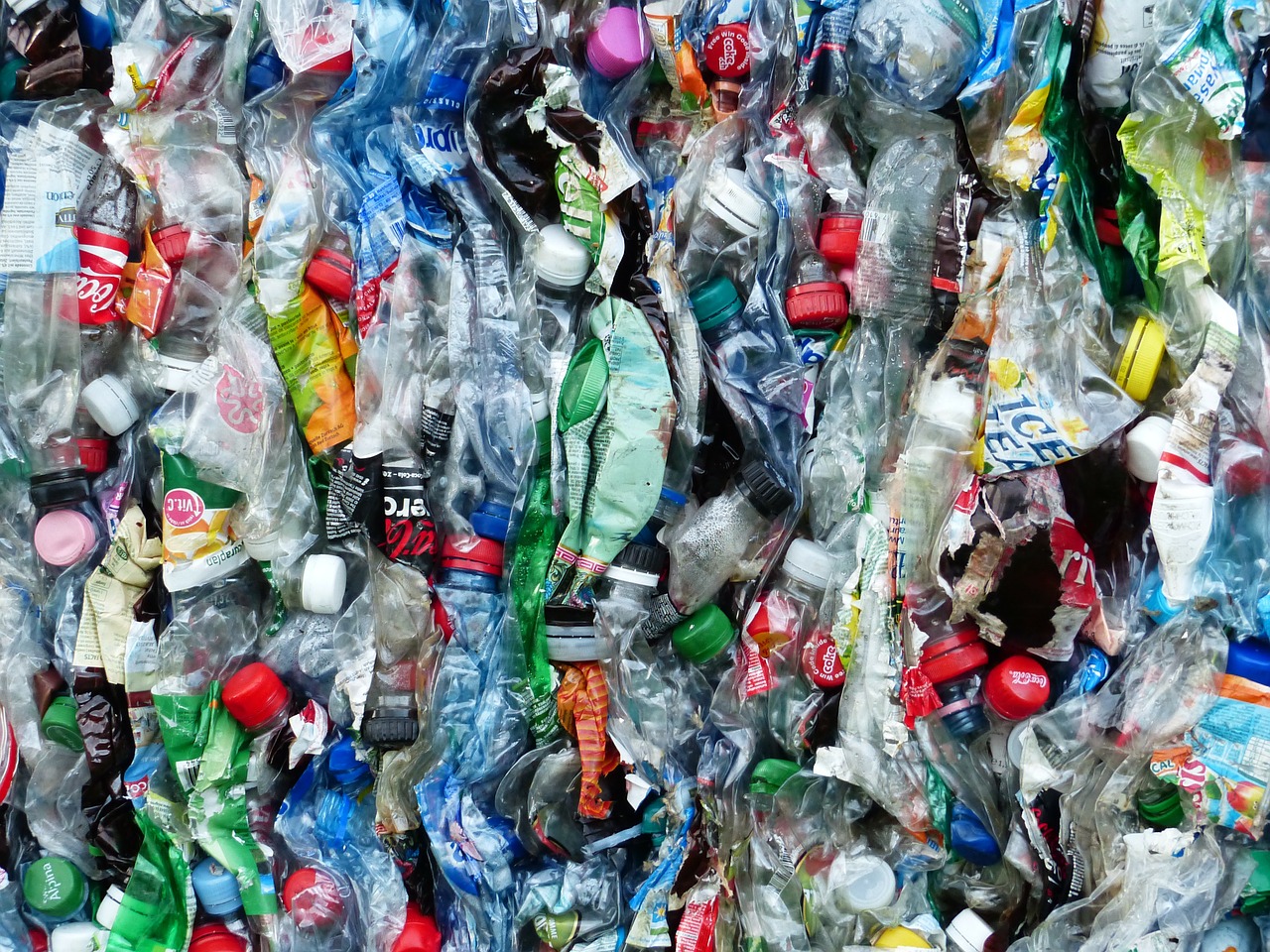 Pixabay|Public Domain
Pixabay|Public Domain
The Arcata Community Recycling Center (ACRC), which served as both a nonprofit institution and a community gathering spot for four decades, has settled its lawsuit against the Humboldt Waste Management Authority (HWMA). The latter, a joint-powers government authority whose member agencies include the County of Humboldt and the cities of Arcata, Blue Lake, Eureka, Ferndale and Rio Dell, has agreed to pay $10,000 without admitting liability.
The settlement was made “with prejudice,” meaning no further suits can be filed over the grievances. After roughly five years of conflict, this saga appears to have drawn to a close.
“I think that a mutual settlement was beneficial for everybody from the community and for both parties,” said Nancy Diamond, HWMA’s general counsel. Diamond said the $10,000 figure was arrived at in part by calculating the cost of continuing to fight the lawsuit. The agency’s board decided it would be cheaper to settle.
Here’s a little refresher, in broad strokes, on the particulars of this story: Back in September 2007, ACRC finished construction on an $8 million state-of-the-art recycling processing center out on the Samoa Peninsula. This gleaming plant was intended to be an investment in the future, allowing local processing of the county’s glass, cardboard, plastic and paper. Unfortunately, ACRC financed the facility with an adjustable mortgage bond rate, and when the economy collapsed in 2008, things went south fast.
Here’s what I wrote in the North Coast Journal back in 2010:
In a few short months, starting in late 2008, the average value for recycled commodities plummeted from around $145 per ton to just $18 per ton. Simultaneously, credit markets froze and interest rates skyrocketed. ACRC’s monthly payments on the $5.75 million bond it had used to finance the plant shot from $15,000 to $70,000. Hemorrhaging money, ACRC slashed its budget by 40 percent — laying off staff, reducing hours of operation and cutting managers’ salaries by 15 percent. It wasn’t enough. Throughout 2009, ACRC continued to bleed money.
The nonprofit recycling group was forced to start charging its customers, including HWMA, for dropping off recycling. Previously these drop-offs had been free.
HWMA started looking around for alternatives. The authority’s board of directors was concerned primarily with getting the best value for taxpayers’ dollars, and unlike many community members it didn’t wax nostalgic about the historic legacy of the recycling center. Nor did it feel any obligation to help ACRC pay off its investment on the Samoa plant.
In 2010, HWMA hired a consulting firm called Intelliwaste to study that fancy new facility on the peninsula. According to claims later made in court documents, ACRC officials agreed to let the consultants on the property only because they believed it was a prelude to a long-term contract with HWMA.
Much to their surprise, however, Intelliwaste’s subsequent report included a financial analysis of HWMA acquiring the expensive new Samoa recycling plant. ACRC staff protested that their plant wasn’t for sale, and besides, weren’t they supposed to be negotiating a long-term agreement?
Ultimately, HWMA’s board rejected the idea of buying the Samoa recycling facility, but the agency did start to court other suitors, asking companies to submit their best offer for processing recyclable materials.
Waste of Willits, despite being located outside the county, was offering to pay HWMA for those materials, as opposed to ACRC’s offer of charging $60 per ton. So HWMA awarded the contract to Waste of Willits, which has been picking up and processing most of Humboldt County’s bottles, cans, paper and plastic ever since.
ACRC filed suit in 2011 alleging that HWMA misled them about contract negotiations, engaged in secret negotiations with Waste of Willits and, by releasing the Intelliwaste study publicly, exposed ACRC’s internal finances, thus giving other bidders an improper competitive advantage.
The deal with Waste of Willits left ACRC with virtually no stream of recyclable materials, and in Jan. 2012, after more than 40 years in the community, the nonprofit group shut down operations altogether. It now exists only on paper, according to Milt Boyd, board chair for the group. Technically ACRC is still a nonprofit, but only until the papers are withdrawn from the Secretary of State’s Office — something the board is working on.
Boyd said he feels fortunate to have been a part of ACRC, and he believes the group’s legacy should be remembered. But he’s also happy that the litigation has come to an end. “I would characterize the whole arrangement as satisfactory to both parties,” he said.
Jill Duffy, executive director of HWMA, agreed about the legacy. “The Arcata Recycling Center was a greatly beloved institution within Arcata and the greater community,” she said. “It has been really difficult for a lot of community members, how everything sort of evolved. There’s no win-win here. I think we lost a great institution.”
But she reiterated that HWMA was not to blame for the organization’s demise, which she attributed to ACRC’s lack of long-term contracts combined with the economic downturn when the housing bubble popped.
Duffy said the many complaints ACRC had listed in its initial lawsuit had since been whittled down to just one, which the current settlement resolves. Still, she said, paying $10,000 is “a lot less than it would take to go into court.”
The facility out on the Samoa peninsula has since been taken over by Eel River Disposal, which is using it thusly:
Documents:
CLICK TO MANAGE